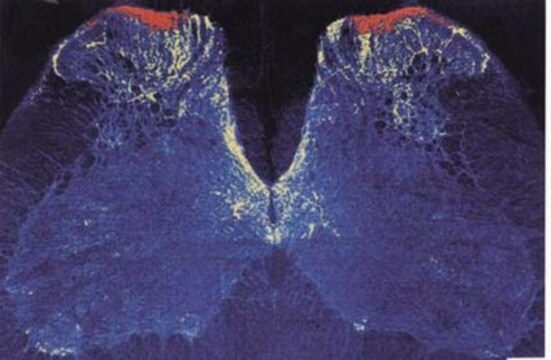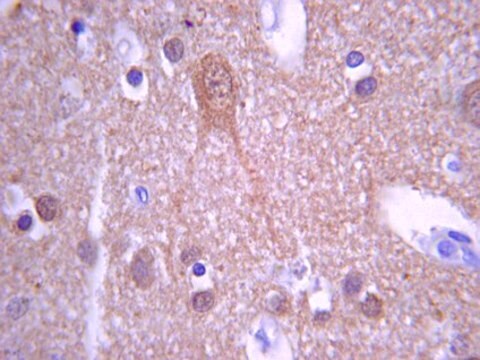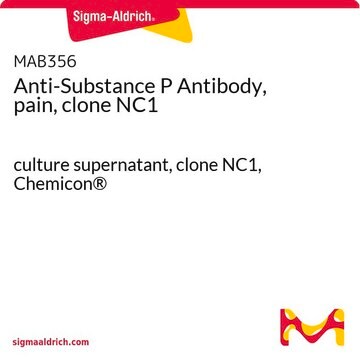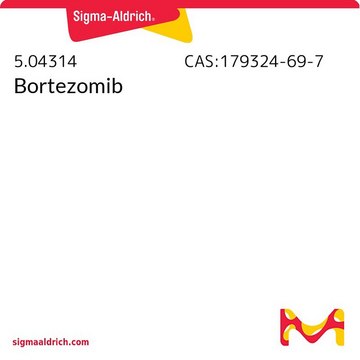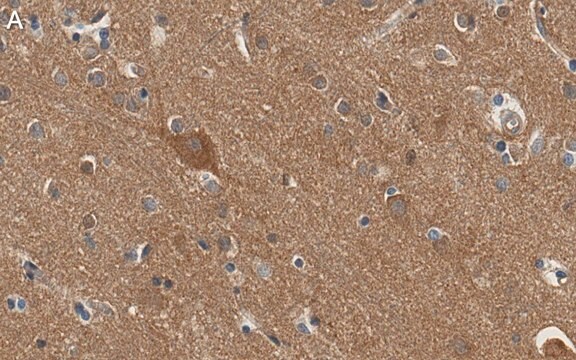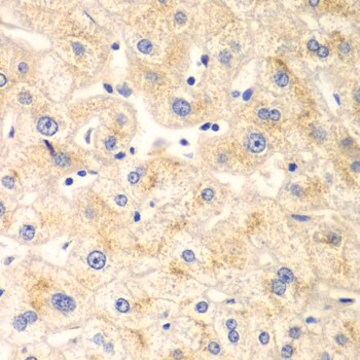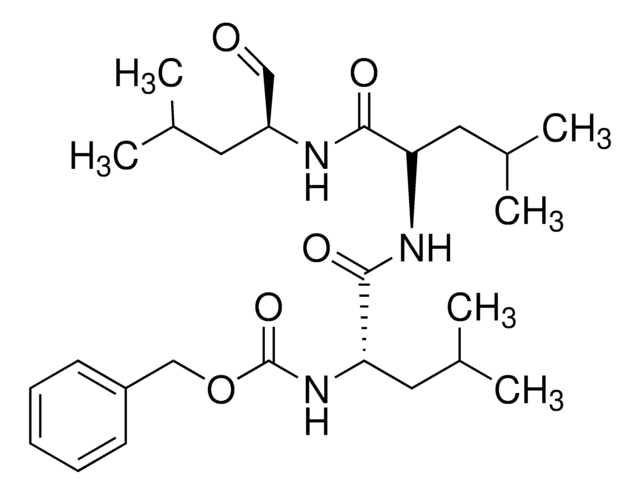S1542
Anti-Substance P antibody produced in rabbit
whole antiserum
Synonym(s):
Anti-SP
Sign Into View Organizational & Contract Pricing
All Photos(1)
About This Item
Recommended Products
biological source
rabbit
conjugate
unconjugated
antibody form
whole antiserum
antibody product type
primary antibodies
clone
polyclonal
contains
15 mM sodium azide
species reactivity
human, pig, bovine, rat, cat, monkey
technique(s)
dot blot: 1:20,000
radioimmunoassay: 1:5,000
UniProt accession no.
shipped in
dry ice
storage temp.
−20°C
target post-translational modification
unmodified
Gene Information
human ... TAC1(6863)
rat ... Tac1(24806)
General description
Substance P (SP) is a 11 amino acid peptide. It is a member of tachykinins family, that includes neurokinin A, neurokinin B, neuropeptide K, neuropeptide Y and hemokinin-1 It is located on human chromosome 7q21.3.
Substance P (SP) is widely distributed throughout the central nervous system (CNS) and peripheral nervous system, including the brain, spinal cord, primary sensory neurons and intrinsic nerve fibers associated with the gastrointestinal (GI) tract.
Immunogen
synthetic Substance P (SP), conugated to KLH.
Application
Anti-Substance P antibody has been used in immunostaining and immunohistochemistry.
Biochem/physiol Actions
Substance P (SP) improves the multiplication and paracrine ability of stem cells acquired from adipose in vitro. It participates in the movement of several organ tracts, trigger glandular secretion and controls autonomic reflexes. It plays an important role in neuroimmune and systemic autoimmune/inflammatory conditions like multiple sclerosis (MS), rheumatoid arthritis, inflammatory bowel disease and also in infections and cancer.
Substance P (SP) is a neurotransmitter or neuromodulator. SP mediates the process of neurogenic inflammation.
Analysis Note
The antiserum is evaluated for activity and specificity by dot blot immunoassay and RIA.
Disclaimer
Unless otherwise stated in our catalog or other company documentation accompanying the product(s), our products are intended for research use only and are not to be used for any other purpose, which includes but is not limited to, unauthorized commercial uses, in vitro diagnostic uses, ex vivo or in vivo therapeutic uses or any type of consumption or application to humans or animals.
Not finding the right product?
Try our Product Selector Tool.
Storage Class Code
10 - Combustible liquids
WGK
WGK 3
Flash Point(F)
Not applicable
Flash Point(C)
Not applicable
Choose from one of the most recent versions:
Already Own This Product?
Find documentation for the products that you have recently purchased in the Document Library.
Inge Brouns et al.
American journal of respiratory cell and molecular biology, 28(3), 275-285 (2003-02-21)
The characteristics of the different populations of sensory nerve terminals that selectively contact pulmonary neuroepithelial bodies (NEBs) in rat lungs were investigated after chemical denervation with capsaicin and compared with control lungs. Vagal calbindin D28k and P2X(3) purinoceptor immunoreactive (IR)
Reciprocal Regulation of Substance P and IL-12/IL-23 and the Associated Cytokines, IFN?/IL-17: A Perspective on the Relevance of This Interaction to Multiple Sclerosis
Vilisaar J, et al.
Journal of Neuroimmune Pharmacology, 10(3), 457-467 (2015)
Xi Zhang et al.
Brain and behavior, 11(11), e2380-e2380 (2021-09-29)
FSC231, a PSD-95/DLG/ZO-1 (PDZ) domain inhibitor of protein kinase Cα interacting protein 1 (PICK1), has analgesic effects, but the mechanism remains unclear. The expression level of PICK1 in dorsal root ganglion (DRG) of rats was changed by vector plasmid, and
Substance P mediates inflammatory oedema in acute pancreatitis via activation of the neurokinin-1 receptor in rats and mice
Grady EF, et al.
British Journal of Pharmacology, 130(3), 505-512 (2000)
Substance P enhances proliferation and paracrine potential of adipose-derived stem cells in vitro
Kim S, et al.
Biochemical and Biophysical Research Communications, 485(1), 131-113 (2017)
Our team of scientists has experience in all areas of research including Life Science, Material Science, Chemical Synthesis, Chromatography, Analytical and many others.
Contact Technical Service